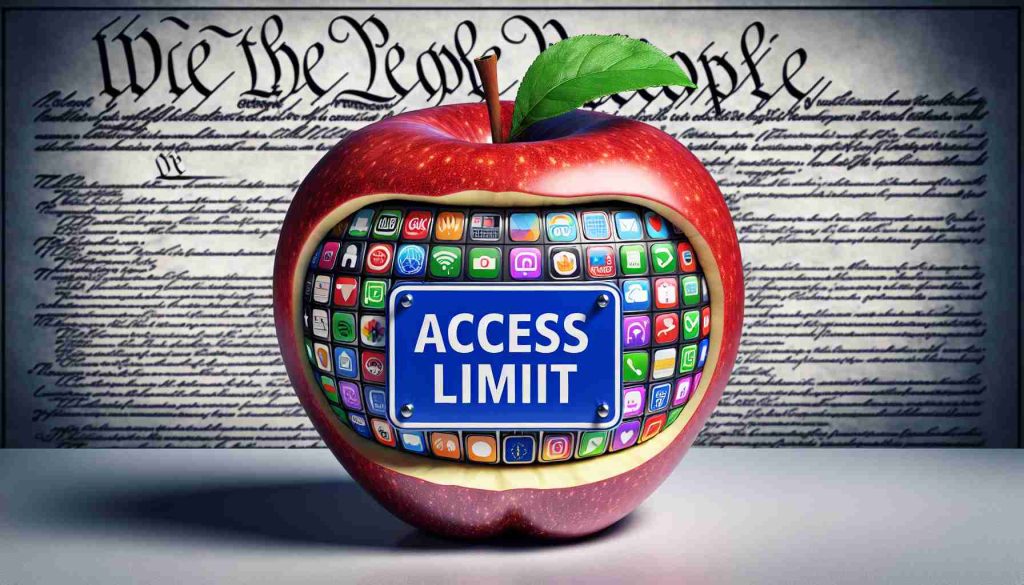When Google introduced its AI-driven assistant known as Gemini, it seemed like a promising evolution for Android users. The goal was to seamlessly transition from the traditional Google Assistant to a more powerful AI-centric assistant. However, as I personally experienced, Gemini fell short of expectations.
Initially, Gemini lacked essential features and capabilities that were present in its predecessor. Basic tasks such as creating calendar appointments, sending texts, and composing emails were no longer possible with Gemini. While updates have gradually improved its functionality, Gemini still pales in comparison to the original Assistant.
One glaring issue is the convoluted process of enabling certain features. For instance, to create calendar appointments, users have to navigate through the Gemini app, rather than the familiar Google app. This lack of intuitive design raises concerns about the user experience and adds unnecessary complexity to simple tasks.
Furthermore, enabling the Google Workspace extension, which is required for additional functionality, comes with privacy implications. By granting access to Gmail, Drive, and Docs, users provide Google AI with unrestricted access to their personal content. This raises valid concerns about data privacy and whether Google will use the data for its own purposes.
The limitations imposed by Gemini’s reliance on Google Workspace extension are disappointing for those who prioritize privacy. Users who wish to protect their content and maintain control over their data are forced to sacrifice features that were once available with Google Assistant.
As it stands, Gemini is limited to a handful of Google services like Flights, Hotels, Maps, and YouTube. This restricted functionality undermines the potential of an AI-powered assistant on Android devices.
While some users may be willing to compromise their privacy for the sake of convenience, others, like myself, find it disheartening that the future of Android may require relinquishing control over personal data.
Ultimately, unless Google addresses these concerns and offers alternative options for users to enjoy the full potential of Gemini without compromising privacy, it may find itself alienating a significant portion of its user base.
FAQ Section:
1. What is Gemini?
Gemini is an AI-driven assistant introduced by Google as an evolution of the traditional Google Assistant for Android users.
2. How does Gemini differ from the original Assistant?
Gemini initially lacked essential features and capabilities present in its predecessor, such as creating calendar appointments, sending texts, and composing emails.
3. Has Gemini’s functionality improved over time?
Yes, updates have gradually improved its functionality, but it still falls short compared to the original Assistant.
4. What is one issue with Gemini’s design?
One glaring issue is that certain features, like creating calendar appointments, require users to navigate through the Gemini app instead of the familiar Google app, making it unintuitive.
5. What are the privacy implications of enabling the Google Workspace extension for Gemini?
Enabling the Google Workspace extension, which is required for additional functionality, requires granting access to Gmail, Drive, and Docs, giving Google AI unrestricted access to personal content.
6. Are there limitations imposed by Gemini’s reliance on the Google Workspace extension?
Yes, the limitations imposed by this reliance disappoint those who prioritize privacy, as they have to sacrifice features that were once available with the original Google Assistant.
7. Which Google services are currently available with Gemini?
Gemini is currently limited to a handful of Google services like Flights, Hotels, Maps, and YouTube.
8. Can users maintain their privacy while using Gemini?
Users who prioritize privacy and want to maintain control over their data may find it disheartening that using Gemini may require relinquishing control over personal data.
9. What might Google risk if they do not address these concerns with Gemini?
If Google does not address these concerns and provide alternative options to enjoy the full potential of Gemini without compromising privacy, it may alienate a significant portion of its user base.
Definitions:
1. Gemini: An AI-driven assistant introduced by Google, intended to be an evolution of the traditional Google Assistant for Android users.
2. AI-centric: Referring to a focus or emphasis on artificial intelligence technology.
3. User Experience: Refers to how users engage and interact with a product or service.
4. Data Privacy: The protection of personal information and the control users have over the collection and use of their data by organizations.
5. Google Workspace: A collection of productivity and collaboration tools by Google, including Gmail, Drive, and Docs.
Suggested Related Links:
1. Google
2. Google Assistant
3. Google Workspace
4. Google Support
The source of the article is from the blog bitperfect.pe








